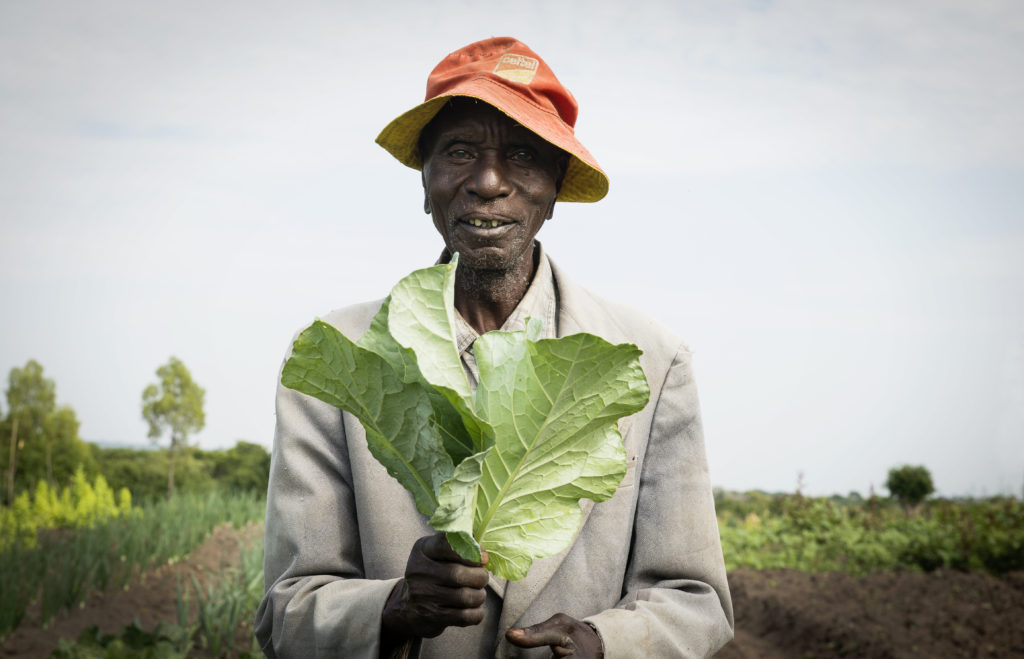Organic vegetables from Far, Far Away reduce carbon emissions
In February 2015 Asilia initiated the first of its kind, an artisanal farming initiative, in the Serengeti region. Situated in five villages around Mbalibali (meaning far, far away in Swahili) on the western border of the Serengeti National Park, a new vegetable growing scheme provides organic vegetables to the Asilia group of safari camps.
“This project has huge potential to help both parties. It gives employment to rural villagers and helps the company cut operating costs by buying food locally,” says Johannes Solar, Positive Impact Co-ordinator, Asilia Tanzania.
How we tackled organic vegetable growing in the Serengeti
Asilia approached the village councils of five villages – Mbalibali, Nyamakendo, Kitunguruma, Machocho and Merenga – to start organic vegetable growing projects that would supply the company’s safari camps with fresh produce.
The councils, in turn, identified needy people in the village, people such as the elderly and single mothers, who had no other means of earning an income. Each grower’s group consists of anything up to 20 people and has a leadership structure – a chair, a secretary, a treasurer.
Full-time Asilia staff member, Justus Mollel, is the liaison between the groups and the company. He offers training on a regular basis, checks on whether the groups need seeds and tools, and facilitates the payments for the produce bought. He also acts as the quality control officer.
“Asilia provides the seeds, tools and knowhow,” Mollel explains, “as well as the market.”
A variety of vegetables are currently produced: potatoes, tomatoes, carrots, red cabbage, spinach, leeks, red, green and yellow peppers, zucchini, marrows, broccoli, lettuce, celery, green beans, okra, aubergine, basil and parsley. Orders are placed once a week and are collected by the company.
Excess produce is consumed by the growers’ families thus broadening the traditional diet of millet, sorghum and kale.
The project is not without challenges, however. Controlling the climate (in the form of greenhouses and pumps) and consistent, high-quality supply of seeds are all needed.
Has the project made a difference?
“It stops me from doing bad things,” says Juliana Myenjwa and single mother of eight.


The post Organic vegetables from Far, Far Away reduce carbon emissions appeared first on Asilia Africa.
More Positive Impact Articles

Electric Vehicles: The Future Of East African Safari Travel?
12 January 2020October 2019 saw the arrival of our first electric, solar-powered safari vehi...

Its Our 15th Birthday: Celebrating 15 Years of Making a Genuine Difference
08 November 2019This year, we're celebrating our 15th birthday and commemorating 15 years of...

World Tourism Awards 2019: Asilia Recognised For Our Positive Impact
01 November 2019The World Tourism Awards acknowledge, reward, and celebrate excellence across...

Supersized Traditional Maasai Necklace
21 October 2019In 2009, we became a founding member of the Mara Naboisho Conservancy and sin...






